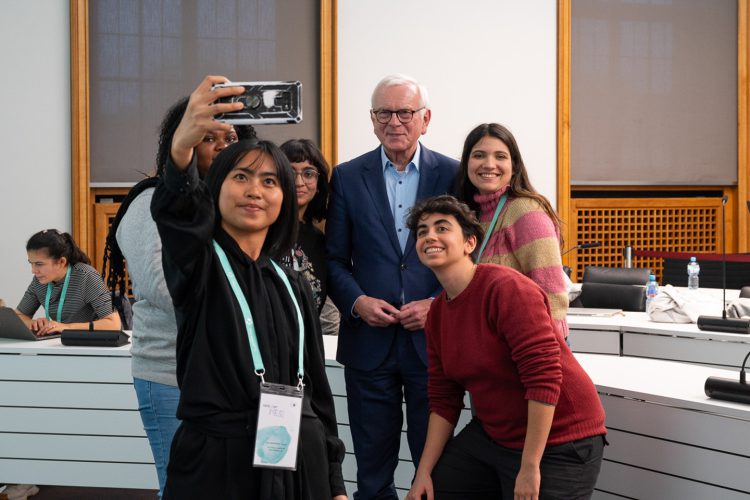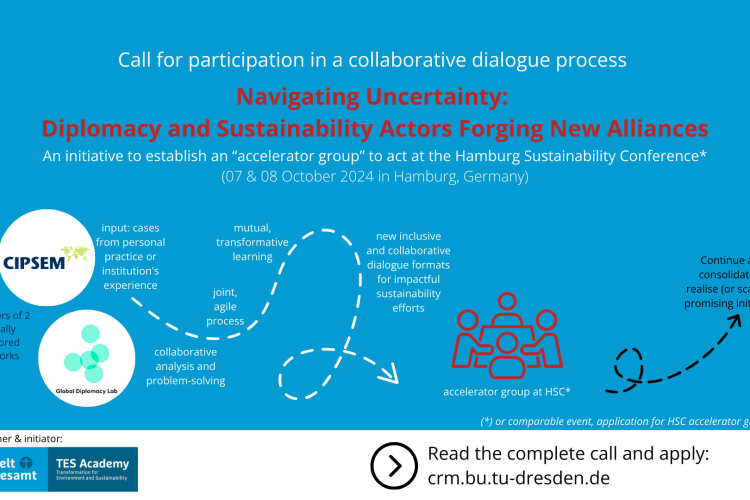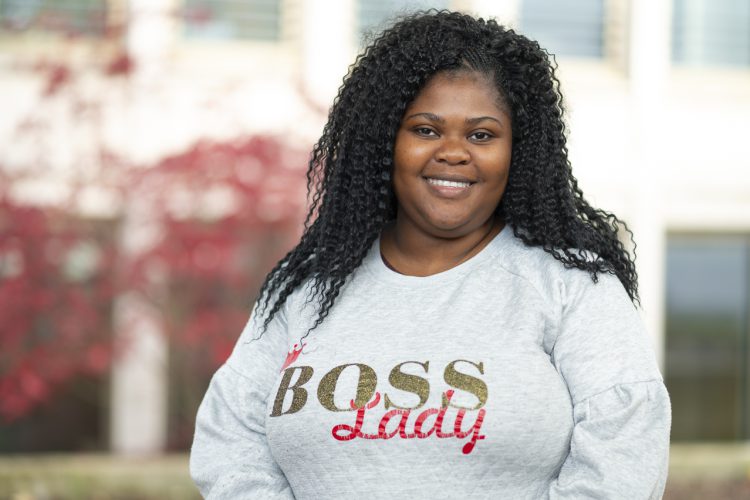The Global Diplomacy Lab is a platform where experts from various fields explore new forms of diplomacy together to address the complex and often intersecting challenges we face today. Based on mutual trust and common interests, this platform enables stakeholders to develop and re-formulate agendas on complex issues for collective action and individual, institutional and policy levels.
“Good communication,
mutual interest,
enriching exchanges.”
Labs

Youth Lab: Empowering Youth through Intersectional Conflict Mediation with a Focus on Religion
Together with the City of Osnabrück the GDL commemorates the 375th anniversary of the Peace of Westphalia by bringing tools for intersectional conflict mediation to 50 international youth leaders.
Activities

Call for Participation: Navigating Uncertainty – Diplomacy and Sustainability Actors Forging New Alliances
An initiative to establish an “accelerator group” to act at the Hamburg Sustainability Conference on 07 & 08 Oct 2024 in Hamburg, Germany, inviting GDL Members and CIPSEM Alumni to participate. Apply now …
What should diplomacy look like in the future?
Which competences do we need in order to better identify our scope of action?
These are only some of the questions that the GDL, together with its strategic partners – the Federal Foreign Offices of Germany and Slovenia, BMW Foundation Herbert Quandt, the German-American Fulbright Commission and iac Berlin – is eager to investigate together with its outstanding members from five continents.
“Looking at the world through others’ eyes”
